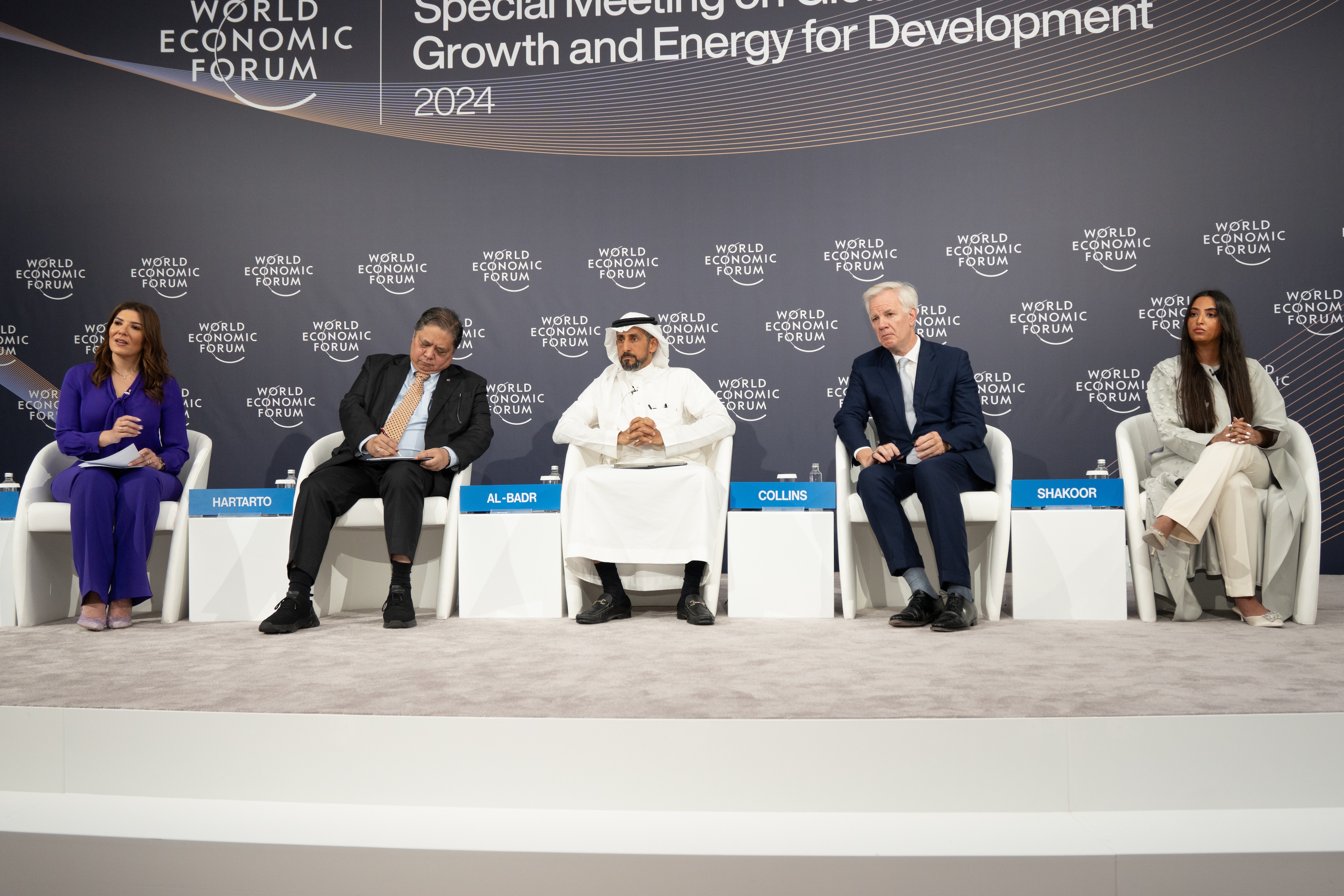How to create a million green jobs


Get involved with our crowdsourced digital platform to deliver impact at scale
Stay up to date:
Future of Work
Nearly one million new “green jobs” are expected to be created in China, the United States and the European Union by 2030 if the regions stick to their current pledges to curb global warming, scientists said on Tuesday.
The three regions combined produce more than half the world’s greenhouse gas emissions, according to the U.S. Environmental Protection Agency (EPA), so their policies are crucial for shaping a new global climate agreement to be finalised at a U.N. conference in Paris in December.
The United States is due to submit its plans for slowing global warming to the United Nations this week, and the EU has already done so, but most governments including China will miss an informal March 31 deadline, complicating work on the deal.
If the three regions meet existing emissions reduction goals, 113,000 people will escape premature deaths each year due to lower air pollution, according to a study by the NewClimate Institute, an environmental research group.
And if they stepped up their efforts and managed to produce all their energy from renewable sources by 2050, more than 3 million jobs would be created and they would save around $520 billion a year in fossil fuel imports, it said.
“Governments formulating climate action plans should consider the significant benefits for their people that could be achieved by setting their ambition levels to maximum,” study co-author Niklas Hoehne said.
Reaching those ambitious targets, however, seems unlikely with a few exceptions.
“Denmark wants to phase out fossil fuels entirely, Sweden is coming close, and Germany has a target of getting 80 percent of its electricity from renewable sources by 2050,” Hoehne told the Thomson Reuters Foundation.
The study only examined potential job benefits from creating new energy systems in wind, solar and hydro power.
Potential employment in retrofitting old buildings to make them more energy-efficient was not included, meaning the total number of new jobs is likely to be higher, Hoehne said.
Some jobs will be lost in petroleum-related industries, such as oil refining, he added, but these figures were not taken into account in the study.
Europe alone, through its climate action plan, stands to save $33 billion annually on fossil fuel imports by 2030, if it meets its target of reducing greenhouse gas emissions 40 percent from 1990 levels, Hoehne said.
The United States plans to cut emissions by 26 to 28 percent below 2005 levels by 2025. China said in November it would aim to peak its CO2 emissions by around 2030 but would strive to achieve the target earlier.
Scientists have warned that if global warming causes average temperatures to rise by more than two degrees, the world could enter a period of catastrophic climate change.
This article is published in collaboration with The Thomson Reuters Foundation. Publication does not imply endorsement of views by the World Economic Forum.
To keep up with the Agenda subscribe to our weekly newsletter.
Author: Chris Arsenault is a writer at The Thomson Reuters Foundation
Image: A worker inspects solar panels. REUTERS/Carlos Barria.
Don't miss any update on this topic
Create a free account and access your personalized content collection with our latest publications and analyses.
License and Republishing
World Economic Forum articles may be republished in accordance with the Creative Commons Attribution-NonCommercial-NoDerivatives 4.0 International Public License, and in accordance with our Terms of Use.
The views expressed in this article are those of the author alone and not the World Economic Forum.
The Agenda Weekly
A weekly update of the most important issues driving the global agenda
You can unsubscribe at any time using the link in our emails. For more details, review our privacy policy.
More on Jobs and the Future of WorkSee all
Simon Torkington
May 1, 2024
Johnny Wood
May 1, 2024
Giannis Moschos
May 1, 2024
Maria Mexi and Mekhla Jha
April 30, 2024
Stéphanie Bertrand and Audrey Brauchli
April 29, 2024
Elselot Hasselaar
April 29, 2024






